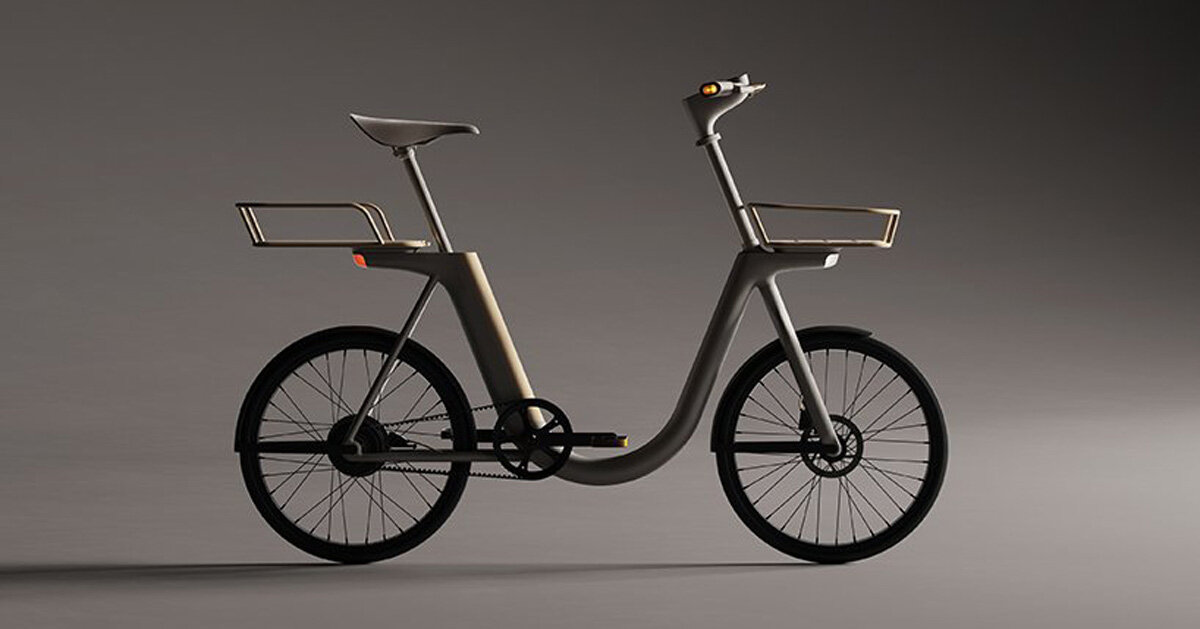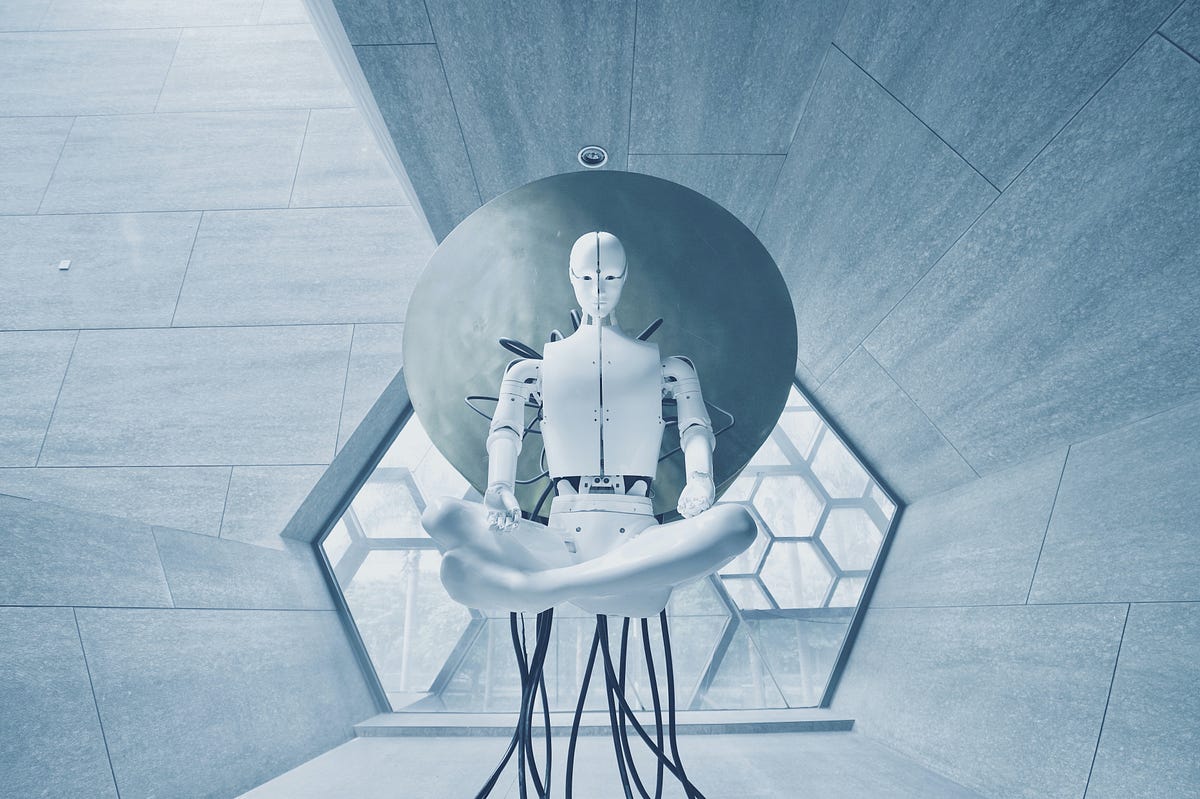
- Select a language for the TTS:
- UK English Female
- UK English Male
- US English Female
- US English Male
- Australian Female
- Australian Male
- Language selected: (auto detect) - EN
Play all audios:
Barbenheimer wasn’t a thing yet when Greta Gerwig spoke to _Rolling Stone_ about her _Barbie _movie back in early June, but she was already trying to will it into existence. “I am such a
huge Christopher Nolan fan,” she said. “My hope would be everybody goes to both. I guess we can guarantee that there will be incredibly different experiences. And I feel honored to be in the
same sort of weekend company as Christopher Nolan.” Here’s more from her in-depth interview — and if you haven’t seen_ Barbie_ yet, beware of spoilers. (You can also check out the first
half of this interview here.) RELATED HOW CORE TO THIS WHOLE PROJECT WAS THE IDEA THAT BARBIE WOULD WANT TO TAKE A JOURNEY WHERE SHE COULD BECOME HUMAN? I hope two things made that journey
feel surprising but inevitable. I started from this idea of Barbieland, this place with no death, no aging, no decay, no pain, no shame. We know the story. We’ve heard this story. This is an
old story. It’s in a lot of religious literature. What happens to that person? they have to leave, and they have to confront all the things that were shielded from them in this place. So
that felt like one thing. And another thing felt like, well, it’s Barbie, who’s the queen of plastic! What better thing could we do then give her a real life? That would_ have_ to be the
thing. Because it’s the antithesis of something that’s frozen. It’s ever-changing and decaying and becoming beautiful in its falling apart. And that’s the opposite of how we think of Barbie.
So it felt like, of course, this has to be the journey. What other possible journey could we have done for this icon? WHAT WAS THE THINKING BEHIND THE VERY SPECIFIC, VERY RETRO-HOLLYWOOD
LOOK OF BARBIELAND? It’s a movie world. It’s a soundstage world. It’s painted skies. It’s sculpted waves. “Authentically artificial” was the phrase that we came up with. The painted sky —
that’s not the sky, but it’s real. It has tangibility. It’s right there. Barbie was invented in 1959, so we got to pick the best of everything in the Barbie iconography from 1959 to now, but
at base, we kind of had this idea of a 1959 aesthetic. And I think that that sort of went along with what we wanted to do with the in-camera [effects] and the madness of it. We built all of
Barbieland in miniature, and different scales of miniature. The goal was always that you would believe that we had 20 soundstages at all times. And everything needed to be decided, since
we’re making this contained imaginary land. It was also like, “Is there water? No, OK, there’s not water. So what is it? It’s a giant sculpted Jeff Koons wave.” I was thinking about _Heaven
Can Wait_, a wonderful movie that in some ways, on paper, shouldn’t work. And yet it does. You go with it. You believe everything, even though it’s high concept, and you care about it. And
_Grease_, which is a movie about the 1950s. But it’s a disco musical! It takes place in high school, and they’re all 30! [_Laughs_] I loved it. The artifice is so sincere. And I think that
that kind of thing just fit exactly what we wanted to do with _Barbie_. EDITOR’S PICKS WHAT WENT INTO THE GREAT MOMENT WHEN SASHA, PLAYED BY ARIANA GREENBLATT, REVEALS TO BARBIE HOW MUCH
SOME GIRLS AND WOMEN HATE HER? When I was talking to Ariana about that scene, I was like, Sasha is smart, and she is incisive. And your certainty rests on the intellectual heft of what
you’re saying. And I want you to be able to deliver that. And I think for me, what was so dramatically interesting about it was Barbie’s psychological state. Barbie doesn’t know anyone
thinks this about her, right? Barbie wouldn’t wear the outfit she wore if she thought people didn’t like her! What better kind of a scene is there than to have two people walking into
something with completely contradictory views of how this is about to go? And I also thought of being 13, and the moment when you are wanting to distance yourself from something you liked as
a kid. And I’m gonna push it away with my newly-formed ideas of how the world is constructed. AMERICA FERRERA IS SO GREAT IN THIS MOVIE, WITH THAT AMAZING MONOLOGUE. AND CENTERING HER
JOURNEY AS A MOTHER FELT LIKE SUCH A SURPRISING TWIST. HOW DID THAT IDEA COME TO BE? America came at this from such a specific place. America’s so smart, and she’s so thoughtfu, as an actor
and as an activist, as a writer, as a performer. She really has intellectual rigor with how she approaches things and also, she’s spectacular. As a parent you’re watching your child grow
up, and you’re sort of remembering your own childhood as you’re there with them. There’s a lot of hall-of-mirrors quality to parenting. And because Barbie is a doll that’s been around since
1959, it’s a story that is always going to be generational. Barbie was created by Ruth Handler, based on watching her daughter play at a moment when baby dolls were the dolls available, and
thinking to herself, “That’s not what she wants to do. She doesn’t want to pretend to be a mom. She wants to pretend to be an older girl, a grown woman.” And then, of course, her daughter
was named Barbara and she named that doll Barbie. So to me, the mother-daughter story is baked into the essence of what Barbie is. So there was no other way for me to tell this story except
as an intergenerational mother-daughter story — and centering the mother, really. IT SOMEHOW FEELS LIKE YOUR MOVIES ARE INFUSED WITH THE SAME SPIRIT AS YOUR PERFORMANCES AS AN ACTOR. DOES
IT FEEL LIKE THE SAME ARTISTIC ENERGY FOR YOU? I think actors, writers, directors, probably musicians, you’re always toggling in between control and planning and execution and rigor, and
then what’s completely unexpected and messy and wild and from left field that you could never see coming. You’re always striking that balance, but usually people will fall more toward one
than the other. And I think you have to be very alive to what your tendency is. Because I think especially as you get older, you can go to a place that feels comfortable to you more
frequently. I think as an actor I had less accessibility to the discipline I have as a writer and as a director. But as an actor, I _did_ really like words, like that kind of battle between
the two approaches. I like the sense of having all this very precise language, this set of rules and methodology. And then I have completely unexpected things I’m dealing with, and that’s
the through line for me between all of them, is that the balance feels similar. It’s like someone said, every director is Kubrick in the morning and Cassavetes by the evening. Just got to
get those shots done. HOW DID YOU SETTLE ON DISCO AS A TOUCHPOINT FOR THE BARBIE SOUNDTRACK? There was that great documentary about the Bee Gees directed by Frank Marshall, _How Can You
Mend a Broken Heart_, that came out out during the pandemic while I was planning the movie. I remember watching that at a moment when I was sort of thinking about the psychological state of
Barbie and how to explain it. In the documentary, they were talking about how disco was so huge and then there was this whole thing of “disco sucks.” And Barry Gibb saw it as a crushing
realization that people think disco sucks. And the sort of positivity of disco felt very Barbie to me, because disco’s assumption about humans is that what they want to do when they get
together is dance. What an optimistic idea of what humans want to do together! And it also related to the idea that Barbie is synthetic, and the idea of looped drums that had something
synthetic, but it was handmade. It felt like all those things seemed connected to each other, the plasticity and the human emotion. TRENDING STORIES WHAT DID IT TAKE TO GET RYAN GOSLING TO
SING “I’M JUST KEN?” He has a beautiful voice, and he’s a beautiful dancer. We kind of got there organically. I think if I had said, “I want you to sing and dance in this movie,” he would
not have necessarily done that for me. But it was kind of that thing of boiling a lobster. I think by the time he was singing and dancing, he didn’t even totally know how we had gotten
there. [_Laughs_] But he’s so fabulous at it. Mark Ronson talked a lot about glam-rock and Meat Loaf and the drama of that kind of song. And then Mark and his songwriting partner Andrew
Wyatt wrote “I’m Just Ken.” They didn’t even have all the lyrics. They just had a feeling and the skeleton and the lyric “I’m just Ken,” and it just evolved from there. Because I was born in
’83 and going to movies in the Nineties, I wanted to create a moment that felt like those movies from the Nineties, when they had soundtracks to movies that ended up at Costco. [_Laughs_] I
have this memory of looking at the track listing of all these movies at Costco. _(Read the first half of this interview here.)_









